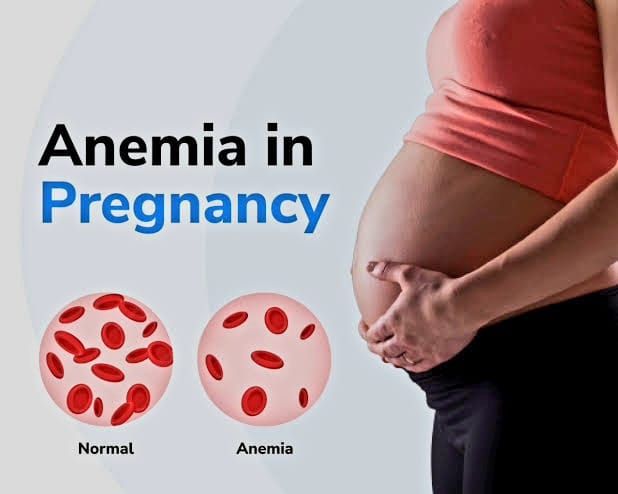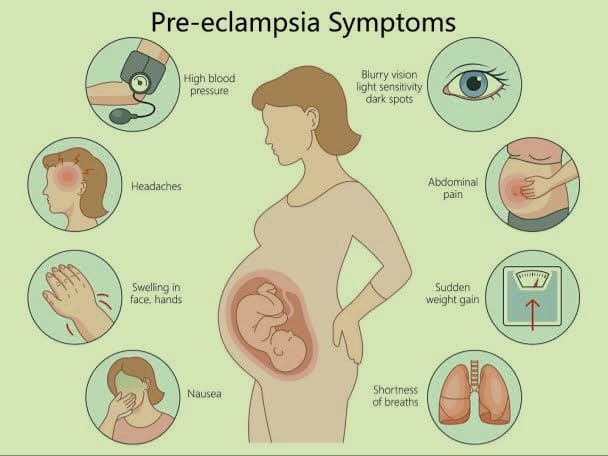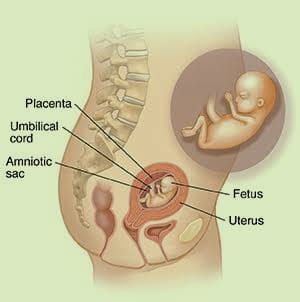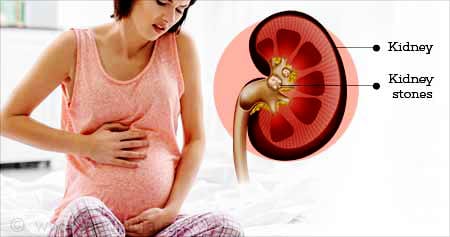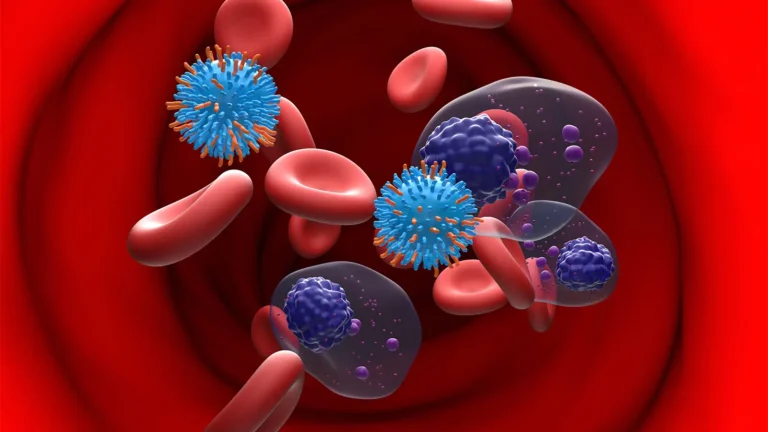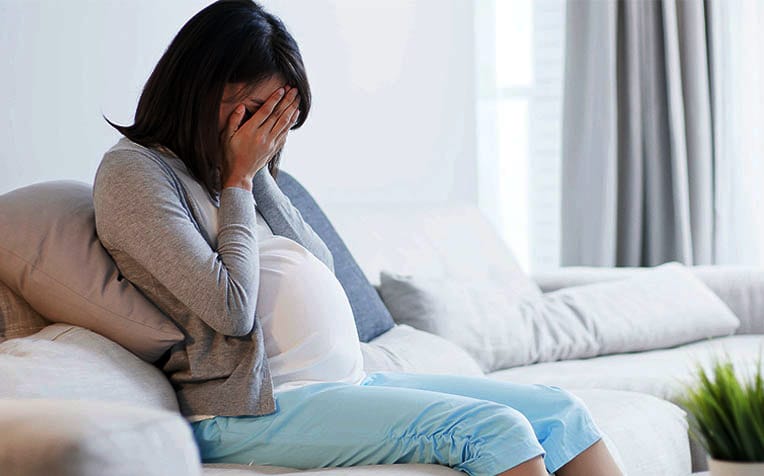Anemia in Pregnancy
Anemia is a possible side effect of pregnancy. Anemia is a condition in which your red blood cells (RBC) are insufficient to carry oxygen to your tissues and the tissues of your growing baby.
When you’re pregnant, your body makes more blood to help your unborn baby grow. Your body production of red blood cells (RBC) to make this extra blood can be hindered if you’re not getting enough iron or certain other nutrients.
Types of Anemia in Pregnancy
There are several types of anemia during pregnancy:
- Iron-deficiency anemia
- Folate-deficiency anemia
- Vitamin B12 deficiency
Iron-deficiency Anemia
Your red blood cells are used by your developing baby during pregnancy, especially in the last three months. If you become pregnant, your body can use any extra blood cells that are stored in your bone marrow. Iron deficiency anemia can affect women who have insufficient iron stores in their blood. Anemia of pregnancy usually manifests as this type. To help build these resources, it’s important to eat healthy before you get pregnant.
Folate-deficiency Anemia
Another common type of anemia that develops during pregnancy is folate deficiency anemia, because pregnant women need more folate. A water-soluble vitamin called folic acid helps prevent neural tube abnormalities, sometimes known as brain problems, in growing babies.
Vitamin B12 deficiency Anemia
Vitamin B-12 is essential for making red blood cells and proteins. Consuming animal products can help prevent vitamin B-12 deficiency. Examples of these foods are milk, eggs, meat and poultry. Vitamin B-12 deficiency is especially common in women who avoid eating anything that comes from animals (vegan). Pregnant strict vegans may need vitamin B-12 injections.
Symptoms of Anemia in Pregnancy
During pregnancy, the following are the most typical symptoms of anemia:
- Pale lips, nails, and skin
- Fainting or tired dizziness
- shortness of breath
- Rapid heart rate
- Difficulty concentrating
Anemia in Pregnancy Diagnosed and Tests
During your first prenatal exams, a complete blood count (CBC) test is usually done to determine if you have anemia during pregnancy. In the later stages of your pregnancy, they may also test you. Your hemoglobin, ferritin, folate, and vitamin B12 levels, as well as the number and size of your red blood cells, may be checked by a doctor. The doctor may order more tests next to determine if you have a different underlying medical condition.
Treatment of Anemia in Pregnancy
Your age, overall health, and symptoms will all affect the course of treatment. It will also depend on how is the serious disease. Taking iron supplements is part of the treatment for iron deficiency anemia. Some forms are released over time. Others need to be taken several times a day. You can improve the absorption of iron in your body by taking it with citrus juices, such as orange juice. Antacids can interfere with your body’s ability to absorb iron. Iron supplements can make you feel sick and make your stool dark or dark green. They can also result in constipation.
Anemia prevention during Preganancy
Be sure to get enough iron throughout pregnancy to prevent anemia. Eat a well-balanced diet and increase your intake of iron-rich foods, such as:
- Poultry: includes turkey, duck, chicken and liver, especially dark meat.
- Meat: organ meats such as liver and hog, lamb and beef.
- Leafy greens: broccoli, kale, turnip greens, and collards.
- Legumes: pinto beans, black-eyed peas, canned beans, green peas, and lima beans. Dehydrated beans and peas.
- Fish: (fully cooked)
- Eggs
- Seeds and Nuts

